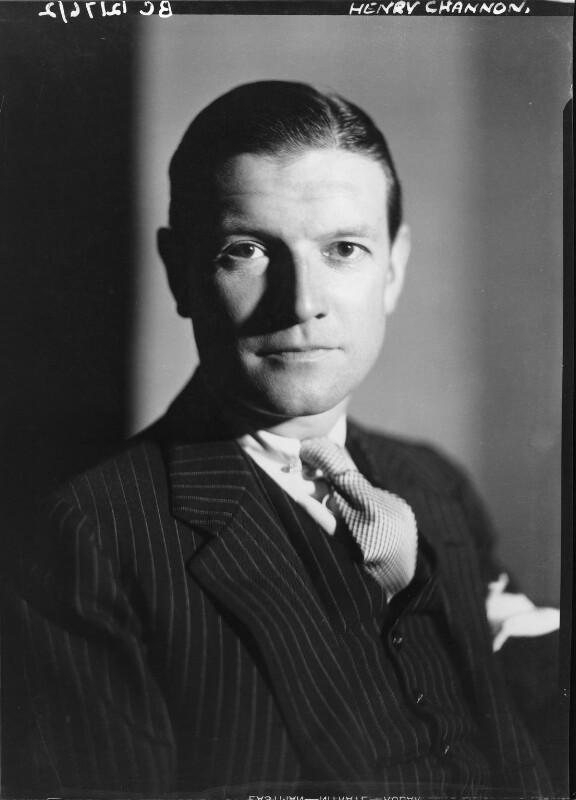A LARGE package arrived from Amazon this week that is providing me with a thousand pages of pleasure. It is the first of the three massive unexpurgated editions of the diaries of “Chips” Channon, edited by Simon Heffer, that will be published over the next year or so, 63 years after the author’s death. They are a sensation and, in my view, the most welcome publishing event of the year.
My column
Brilliant diaries of a nasty man
Also in News
- Spain wants Britons to show they have 113.40 euros, £97, per day for their holidays
- Big changes on the horizon when Britons travel to Mallorca
- Over two hours for Britons to get through Palma airport queues
- Palma Airport passport control "collapse" put down to unscheduled flights
- Living in a motorhome in Palma: "It'll only get worse"



No comments
To be able to write a comment, you have to be registered and logged in
Currently there are no comments.